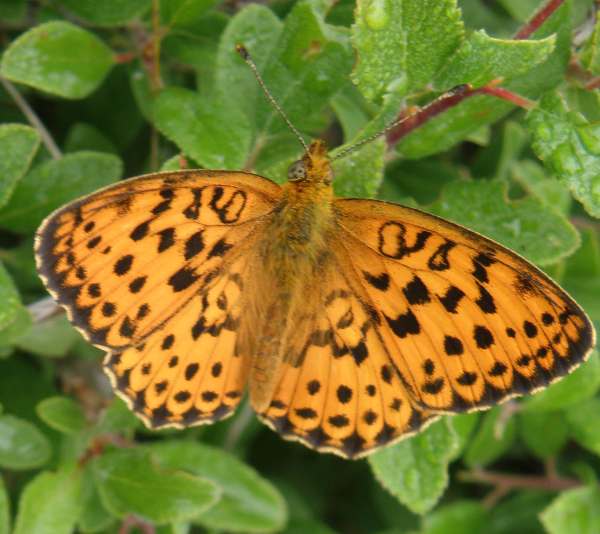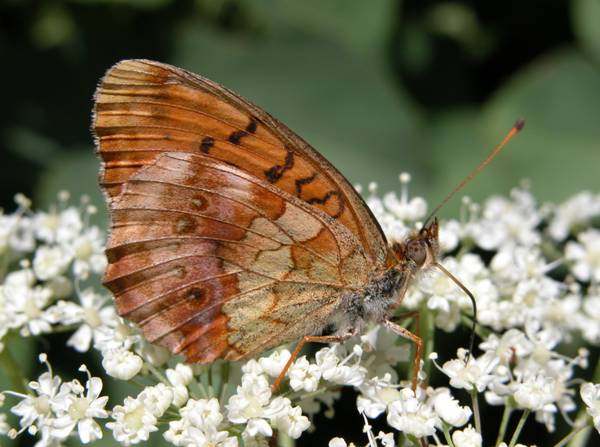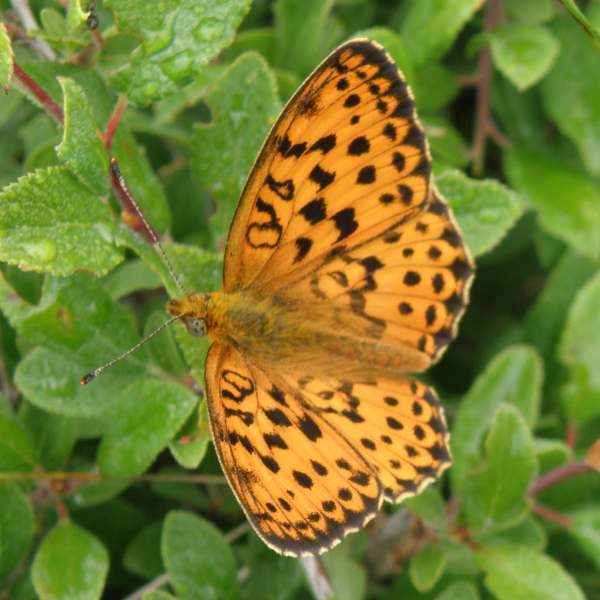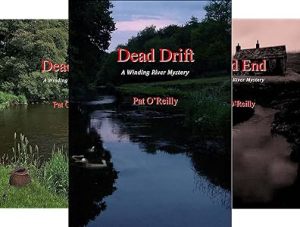Marbled Fritillary - Brenthis daphne
Phylum: Arthropoda - Class: Insecta - Order: Lepidoptera - Family: Nymphalidae

The Marbled Fritillary has a wingspan of 3.0 to 4.4cm, and when seen from the top it could easily be confused with the Twin-spot Fritillary Brenthis hecate; however, the twin row of spots include irregular rather than rounded spots, and there is a distinctive marbling on the underwings - see picture below.

Distribution
In Western Europe this species is found in northern Spain, southern France and parts of Germany. The range of the Marbled Fritillary butterfly extends eastwards into Asia.

Habitat
This species is often found in brambly scrubland and on woodland edges.
Lifecycle
The primary larval foodplants of the Marbled Fritillary are members of the Rose family, particularly Bramblet Rubus fruticosus, Meadowsweet Filipendula ulmaria and Dropwort Filipendula vulgaris. Varying with location, the single brood of adults can be seen in flight from late May through to early August. These butterflies take nectar from brambles, thistles and a wide range of other wildflowers.
Acknowledgements
This page includes pictures kindly contributed Betty and Tony Rackham.
Studying butterflies and moths...
Excited at the prospect of flyfishing? So are we, and we're pretty sure you would find the Winding River Mystery trilogy of action-packed thrillers gripping reading too. Dead Drift, Dead Cert, and Dead End are Pat O'Reilly's latest river-and-flyfishing based novels, and now they are available in ebook format. Full details on our website here...
Buy each book for just £4.96 on Amazon...
Please Help Us: If you have found this information interesting and useful, please consider helping to keep First Nature online by making a small donation towards the web hosting and internet costs.
Any donations over and above the essential running costs will help support the conservation work of Plantlife, the Rivers Trust and charitable botanic gardens - as do author royalties and publisher proceeds from books by Pat and Sue.
